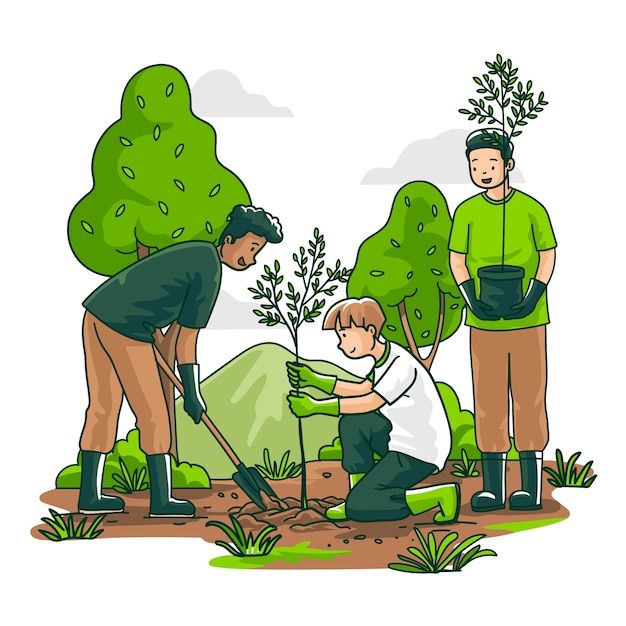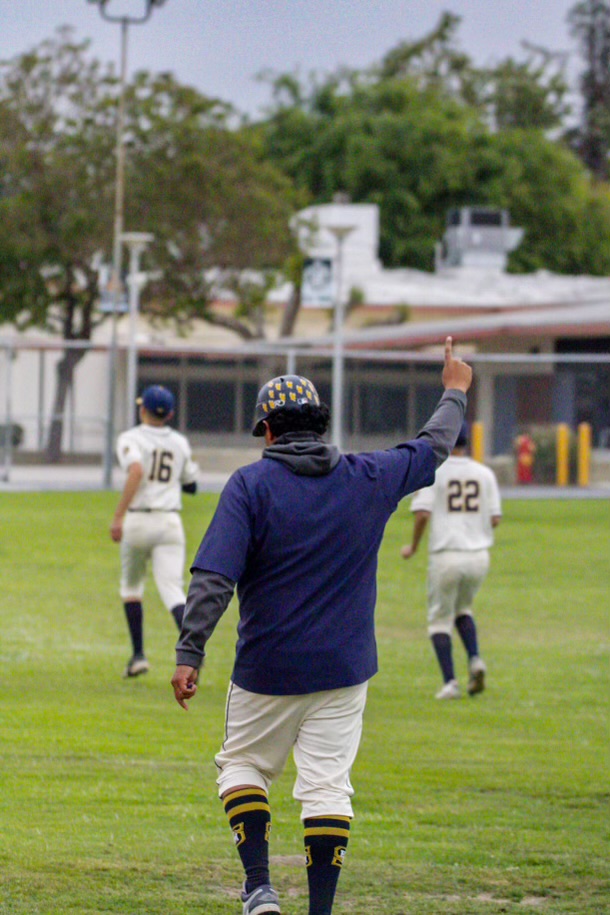“Being a student is easy. Learning requires actual work.”—William Crawford.
“I need help” are three simple words, yet students often have trouble saying them to teachers and parents. For some, just thinking about school can bring tears. Numerous individuals struggle academically, and it is completely normal. But why do students struggle? How does one overcome their struggles in the classroom? I have interviewed both teachers and students to see their perspectives on academic struggles. Here’s what they had to say.
The first person I’m using for reference is myself. My name is Kayla Amado, I am a sophomore here at South El Monte High School and have experienced school troubles like most. Most of the time the only thing that leaves me struggling is when I procrastinate. Procrastination is when you push certain tasks until the very last minute. Procrastination occurs in the workplace, in classrooms, and at home. When it comes to procrastination, I do it because I might not fully understanding a certain assignment, I might not do it because I’m feeling lazy, or I might not do it because I’m busy. With this though, comes consequences. Work piles up and I’m left feeling overwhelmed. To overcome this bad habit, I break my tasks into smaller pieces and discipline myself by giving my phone to my parents until I’m done with my work.
A student I interviewed who asked to remain anonymous stated, “It depends on the student. They could struggle with mental health, they could have problems at home, and some could have a hard time learning and paying attention in class.” These are all different factors that contribute to academic struggles. There are students all over the world who may not have the right support system to help them with school. Factors like these can not only affect academic success but also a person’s well-being.
Now that we’ve heard from some students, let’s turn to the teachers. The first teacher I interviewed was Mr. Azucar, a math teacher here at South El Monte High School. Mr. Azucar noted, “Students can struggle due to a lack of attention span.” Fun fact; Mr. Azucar has some of his classes put their phones in a phone chart during note-taking. Students in his class often face challenges with students using their phones during lessons. To address this, he has implemented a phone chart during note-taking, where students can place their phones for the duration of the class. Azucar advises students to get rid of distractions when working on things they are struggling with to focus fully on what they need to understand.
Another teacher I got a chance to interview is Ms. Lelchuk, an English teacher at South El Monte High School. She responded, “I think that we, as a society have become really used to tuning out of things when we think they’re boring and I think teenagers are allergic to boredom. I also think that the school system, the way that it’s set up is not conducive now to the kind of learning that students do now. Once something is hard for a student and they reach a point where they feel like they’ve already failed and they can’t recover, they kind of tune out.” Ms. Lelchuk explained, “I think wanting to improve is the first step because that is the basis of a growth mindset. I also think we have a lot of great resources at South to help students do better and to give them the support that they need.”
Hearing from both teachers and students, what do professionals have to say about academic struggles? In a TED talk presentation, Angela Lee Duckworth discussed grit, the power of passion and perseverance. Angela says, “In all those very different contexts, one characteristic emerged as a significant predictor of success. And it wasn’t social intelligence. It wasn’t good looks, physical health, and it wasn’t IQ. It was grit.” Angela then describes what grit is. Grit is passion and perseverance for long-term goals. It is putting in the effort and time to achieve those goals without giving up. Maybe that is what more students need to learn and understand to overcome their struggles in school. Grit is also a great trait to have in life for jobs, home tasks, and academically.
Now that you know about grit and had the chance to hear from a student’s perspective and a teacher’s, if you’re struggling academically, what will you do next? I’d say to get up and go do those assignments!












